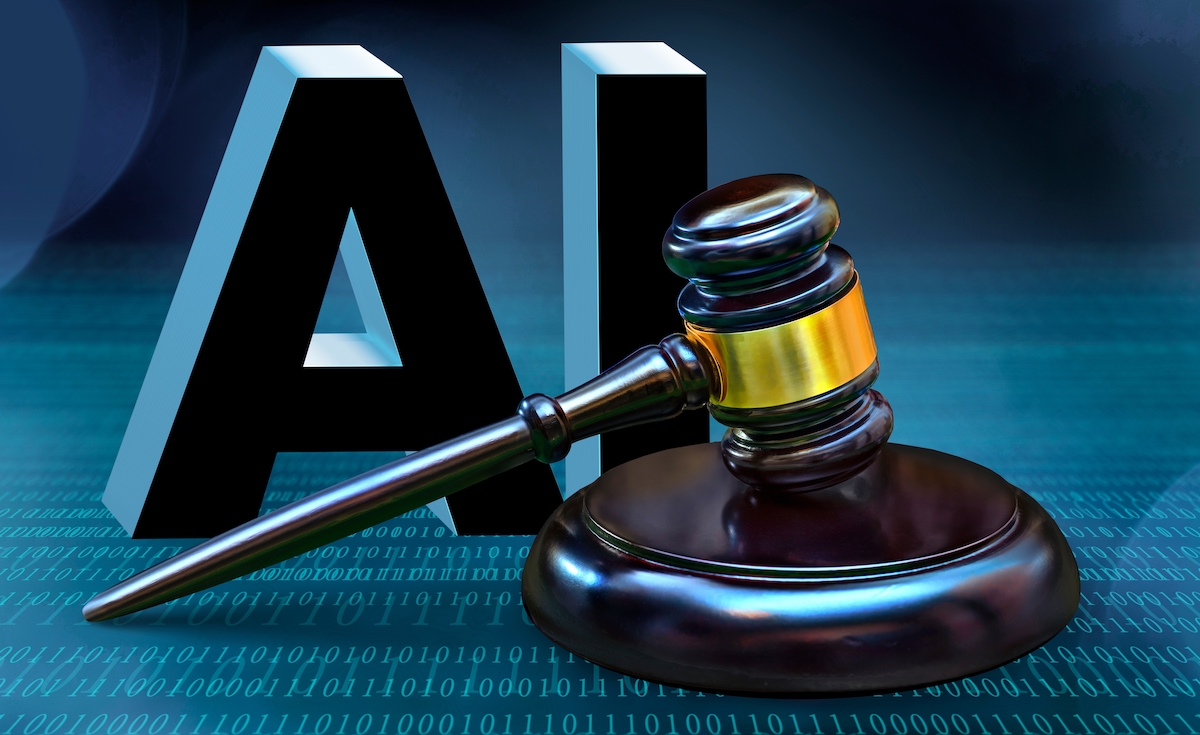
California lawmakers are preparing to vote on a landmark bill that aims to establish comprehensive regulations on the development and deployment of artificial intelligence (AI) within the state. The bill, known as SB 1047, has garnered both significant support and opposition, particularly from tech giants based in Silicon Valley. The outcome of the vote could have far-reaching implications for the future of AI in California and beyond.
The Road to the Assembly Vote
According to Reuters, SB 1047, which has already passed the California Senate with a 32-1 vote, cleared another critical hurdle last week by passing the State Assembly Appropriations Committee. The bill is now set for a full Assembly vote, which could occur as soon as this week. If it passes the Assembly by the end of the legislative session on August 31, it will move to Governor Gavin Newsom’s desk, where he will have until September 30 to either sign or veto the bill.
Background and Intentions of SB 1047
State Senator Scott Wiener, who represents San Francisco and is the driving force behind SB 1047, has emphasized the necessity of regulating AI to protect the public from potential risks associated with rapid advancements in the technology. Wiener argues that proactive legislation is essential to prevent AI from becoming unmanageable or uncontrollable.
Wiener’s concerns are particularly relevant given that San Francisco is home to several major AI developers, including OpenAI, the creator of ChatGPT. The bill would mandate rigorous safety testing for advanced AI models, especially those that cost over $100 million to develop or require substantial computing power. It also requires developers to implement a “kill switch” to shut down AI models if they malfunction and gives the state attorney general the authority to sue non-compliant developers in cases where AI poses a threat to critical infrastructure.
Related: Democrats Pressure Governor Newsom to Veto Controversial AI Bill
Opposition from Silicon Valley
Despite its intentions, SB 1047 has faced significant backlash from key figures in Silicon Valley. As reported by Reuters, a group of California Congressional Democrats, including San Francisco’s Nancy Pelosi and representatives Ro Khanna and Zoe Lofgren, have expressed strong opposition to the bill. Pelosi has called SB 1047 “ill-informed,” warning that it could do more harm than good. In an open letter, these lawmakers argued that the bill might drive AI developers out of California and jeopardize open-source AI models, which rely on publicly available code for innovation and development.
Tech companies such as Alphabet’s Google and Meta have also voiced concerns. Meta, in particular, warned that the bill could make California a less attractive environment for AI development. Yann LeCun, Meta’s chief scientist, echoed these sentiments in a July post on X (formerly Twitter), describing the bill as potentially detrimental to AI research efforts.
Revisions and Support from AI Experts
In response to the criticism, Wiener has made several amendments to the bill, including removing the creation of a government AI oversight committee and eliminating criminal penalties for perjury, although civil suits remain a possibility. According to Reuters, these revisions were influenced in part by input from AI startup Anthropic, which is backed by tech giants Amazon and Alphabet.
However, not all voices in the AI community are opposed to SB 1047. The bill has received support from prominent figures such as Geoffrey Hinton, often referred to as the “godfather of AI,” former OpenAI employee Daniel Kokotajlo, and AI researcher Yoshua Bengio. These experts have endorsed the bill’s efforts to impose safety measures and accountability on AI developers.
Implications for Open-Source AI
One of the most contentious aspects of SB 1047 is its potential impact on open-source AI models. Many technologists argue that open-source models are crucial for the rapid and safe advancement of AI technology. However, as Reuters notes, companies like Meta are concerned that the bill could hold them accountable for overseeing open-source models, a responsibility they believe could stifle innovation.
Wiener has stated that he supports open-source AI models and has adjusted the bill to raise the threshold for which models would fall under its regulations. Despite these changes, concerns remain within the tech community about the bill’s long-term impact on AI development in California.
Source: Reuters
Featured News
Big Tech Braces for Potential Changes Under a Second Trump Presidency
Nov 6, 2024 by
CPI
Trump’s Potential Shift in US Antitrust Policy Raises Questions for Big Tech and Mergers
Nov 6, 2024 by
CPI
EU Set to Fine Apple in First Major Enforcement of Digital Markets Act
Nov 5, 2024 by
CPI
Six Indicted in Federal Bid-Rigging Schemes Involving Government IT Contracts
Nov 5, 2024 by
CPI
Ireland Secures First €3 Billion Apple Tax Payment, Boosting Exchequer Funds
Nov 5, 2024 by
CPI
Antitrust Mix by CPI
Antitrust Chronicle® – Remedies Revisited
Oct 30, 2024 by
CPI
Fixing the Fix: Updating Policy on Merger Remedies
Oct 30, 2024 by
CPI
Methodology Matters: The 2017 FTC Remedies Study
Oct 30, 2024 by
CPI
U.S. v. AT&T: Five Lessons for Vertical Merger Enforcement
Oct 30, 2024 by
CPI
The Search for Antitrust Remedies in Tech Leads Beyond Antitrust
Oct 30, 2024 by
CPI